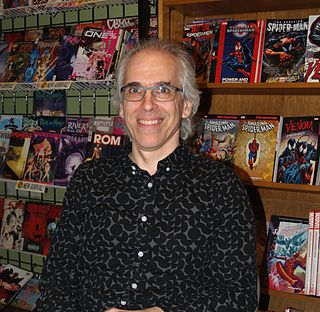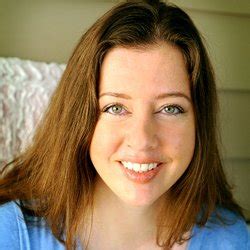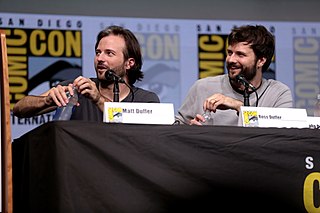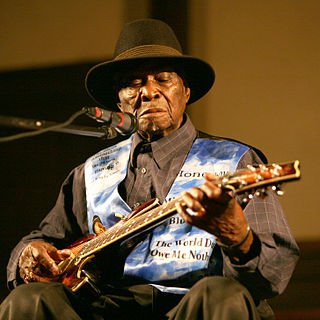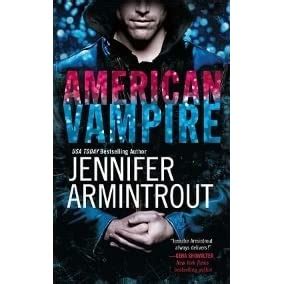A Quote by Leigh Bardugo
YA readers are just not rigid about genre. They're all for the mash-up.
Related Quotes
As someone who writes and teaches YA fiction, I spend a lot of time trying to define its character and readership, and I don't think I'm alone - genres are all about boundary drawing, and the YA genre is, in a lot of ways, about carving out boundaries around adolescence, a space for teenagers to do teenage things.
When I get about five readers I can rub together in one genre, I leave that genre and go somewhere else. And this is due to a vow that I made myself when I started writing - that if I had any success at all, I would not be bound to one form of writing. That I would write what moves me. The only way I can see me surviving and doing more than one book is to present the readers with a Dan Simmons novel, with whatever tropes and protocols from whatever genre I want to borrow them. If that builds a Dan Simmons readership, well then, okay. Otherwise, forget about it. I'd rather drive a truck.


